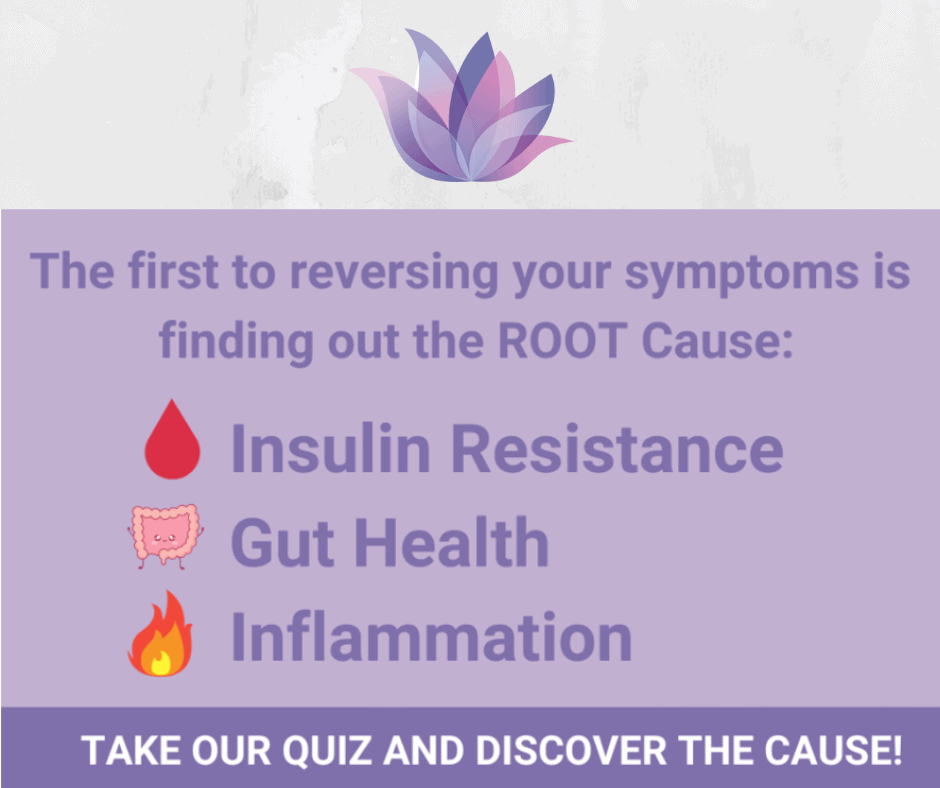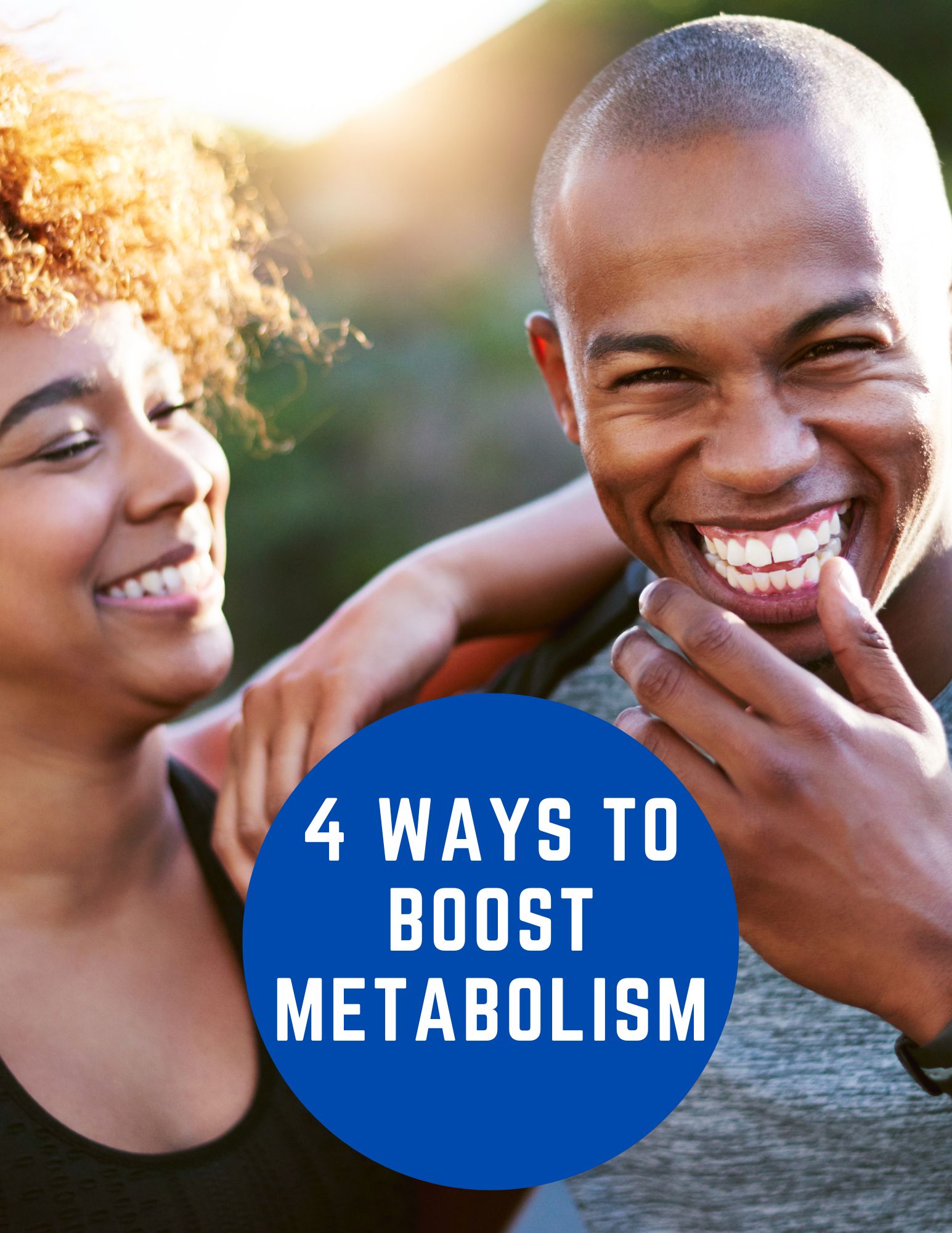This guest post is by Coach Emma, a mindset coach and personal trainer who help individuals find the balance between healthy physical and mental habits that lead them to live a fulfilling life, giving them the strength to heal the thoughts that tell them otherwise. Her goal is to gain the love of yourself you need to succeed. When you have and utilize the right tools, you can reach and maintain the results you want.
Emma is a National Academy of Sports Medicine Certified Personal Trainer! If you want to reclaim your body, mind, and life so you can focus on the things that truly matter, visit Emma’s website at MindMotionFitness and on Instagram.
@mind.motion.pcos.
Now, to Emma.
I get this question a lot: “What is the best exercise for PCOS?” You’re not gonna like my answer.
There really isn’t a “best” exercise for PCOS, so stop typing that in the search bar, you’ll only get frustrated and confused. The fact is no matter what kind of exercise you are doing, if you hate doing it it’s probably not good for your PCOS. Why is this? Well, a little thing called stress. If you don’t like doing something that you are forcing yourself to do, it is increasing the level of stress you are putting on yourself and therefore aggravating your PCOS symptoms. So if you get a deep feeling of dread before an activity, trust it, and if you have the choice, listen to it. Find something else to do. There are so many unenjoyable demands in life that we are required to do, let’s not add movement to that list. Make movement sessions a time to break away from these demands, prioritizing being overdoing.
Those of us with PCOS usually have a horrible relationship to movement because we’ve only used it as a tool to alter our bodies, so I can understand how this concept is challenging to imagine applying to yourself. But what if you used movement as a tool to clear your mind or enjoy the feeling of what your body can do? What if it stopped being a mechanism for hatred and became a mechanism for self-appreciation? Figuring this out will lead to you discovering the kind of exercise that is right for your PCOS. Unfortunately, it’s not actually a question a quick google search can answer because it is so dependent on the individual.
The important thing is to find movement you don’t dread, you don’t feel like you “should” do. This is the key to exercise that is helpful for PCOS because 1) you won’t stress yourself out 2) you will be able to sustain it for much longer. No matter what kind of exercise it is, it’s only beneficial, or “best” to PCOS if you do it for more than just a week, and if it’s done on a consistent basis. So since I can’t tell you what is the best exercise for PCOS for YOU, I can still tell you the benefits different forms will have on your PCOS and then let you decide for yourself. And you know what’s amazing about life? There aren’t actually any rules. So if you fall in love with a few, you can do a few different styles, mixing and matching. If you fall in love with one, you can do only that style. If you fall in love with one and then leave the romantic period, you can find another, and then always come back if you are missing the first. There’s literally any number of ways you can do this as long as you are moving your body and enjoying it. As always, be sure to get clearance from a doctor before you start any regular movement routines and seek professional guidance if you are new to any style of movements like yoga or resistance training.
Resistance Training
- Improves insulin resistance and glucose metabolism
- Resting metabolic rate
- Lowers body fat and increases lean muscle mass
- Strengthens cardiovascular fitness
- Balances hormones
- Increase bone density
- Natural anti-depressant
Yoga
- Improves glucose and lipid levels
- Minimizes insulin resistance and inflammation
- Can lower body fat
- Helps manage stress
- Balances androgen levels
- Improves hirsutism
- Encourages menstrual regularity
HIIT – I choose HIIT over steady-state cardio because it takes less time and has so many more PCOS benefits. One of the best parts is you can apply it to any type of movement you enjoy.
- Improves insulin resistance
- Burn more calories during your workout
- Burn 6-15% more calories after the workout
- Work on building cardio strength as well as lean mass all at once
WARNING: Since HIIT is a lot on the body all at once, doing it too many times a week can lead to increased cortisol production which can aggravate PCOS symptoms so it’s important to do only 1-2 sessions of HIIT per week with adequate breaks in between sessions.
Brisk Walking
Great way to warm into a movement routine if you are new to it
- Improves mood
- Improves insulin resistance
- Strengthens bone density
- Aids in weight management
If you are someone who is very movement-resistant, like the idea of it just really repels you but you know you have to do it, I highly recommend starting small. Usually when we don’t want to do something and we procrastinate heavily on it (haha, super guilty over here), it can often mean we are picturing the task in its entirety and are getting overwhelmed. This is not sustainable. I KNOOOW. You want results and you want results now! But guess what? If you are forcing yourself to do long sessions for a week and then stopping for months because it’s just too hard, those results ain’t comin’. And you want to know something else amazing? You aren’t the only one like this. Everyone is. Most people can’t jump into a new habit of cold turkey and sustain it. You have trained your mind up to this point to behave a certain way, so we need to get in there and train it to be a type of way that benefits your health. And that’s why we start small. If I asked you to do a jump onto a 4-foot block right now you’d look at me like I was the new alien on the Enterprise. How would we work on this? We’d start with floor jumps and work our way up in height. It’s the same thing with the amount of time you spend on movement.
Like I said before, there are no rules! So take the pressure off yourself and make the movement session shorter. You can work up to longer sessions, but you’ve got your whole life to get there. What I like to do with clients who feel negatively toward movement is start them with 5-10 minute sessions. I assign them exercises to do during this time. I tell them to set a timer and to stop when the timer goes off, no matter where they are in the assignment. If you struggle with perfection and feel bad that you didn’t complete what was assigned, rewire your mind to find perfection in a new goal: the fact that you completed the assigned time. Remind yourself that your aim is to create a new habit, not to change your body or impress your trainer because you finished all the exercises (and this wouldn’t impress me because I told you not to do this). You got the movement in and that was your goal, not to complete the assigned exercises.
As you get more and more used to the 5-10 minutes you may find yourself saying, yeah, I could push it to 12, and then 15, and then 18. You can move incrementally like this until you’ve reached the length of time YOU’RE comfortable with, not the top trainer on Instagram, or the MLM lady in your Facebook group. What YOU are comfortable with. Be patient and be careful with the “force” mentality. Moving up in length needs to feel natural to you, not a requirement. Stay at each increment for as many weeks as you need to. If you end up find the length you like and then getting tired of it, go back down. You can always re-evaluate, reassess. There is no destination here. We are a constant work in progress. We want to nurture a healthy and sustainable relationship to movement, not a short-lived one of requirement and dread.
If you are interested in working with me to build the custom exercise program that is right for you and your PCOS you can sign up for a free consultation via my instagram @mind.motion.pcos or through my website mindmotionfitness.com.
Sources
https://www.ncbi.nlm.nih.gov/pmc/articles/PMC6109818/
https://www.ncbi.nlm.nih.gov/pmc/articles/PMC7717472/




